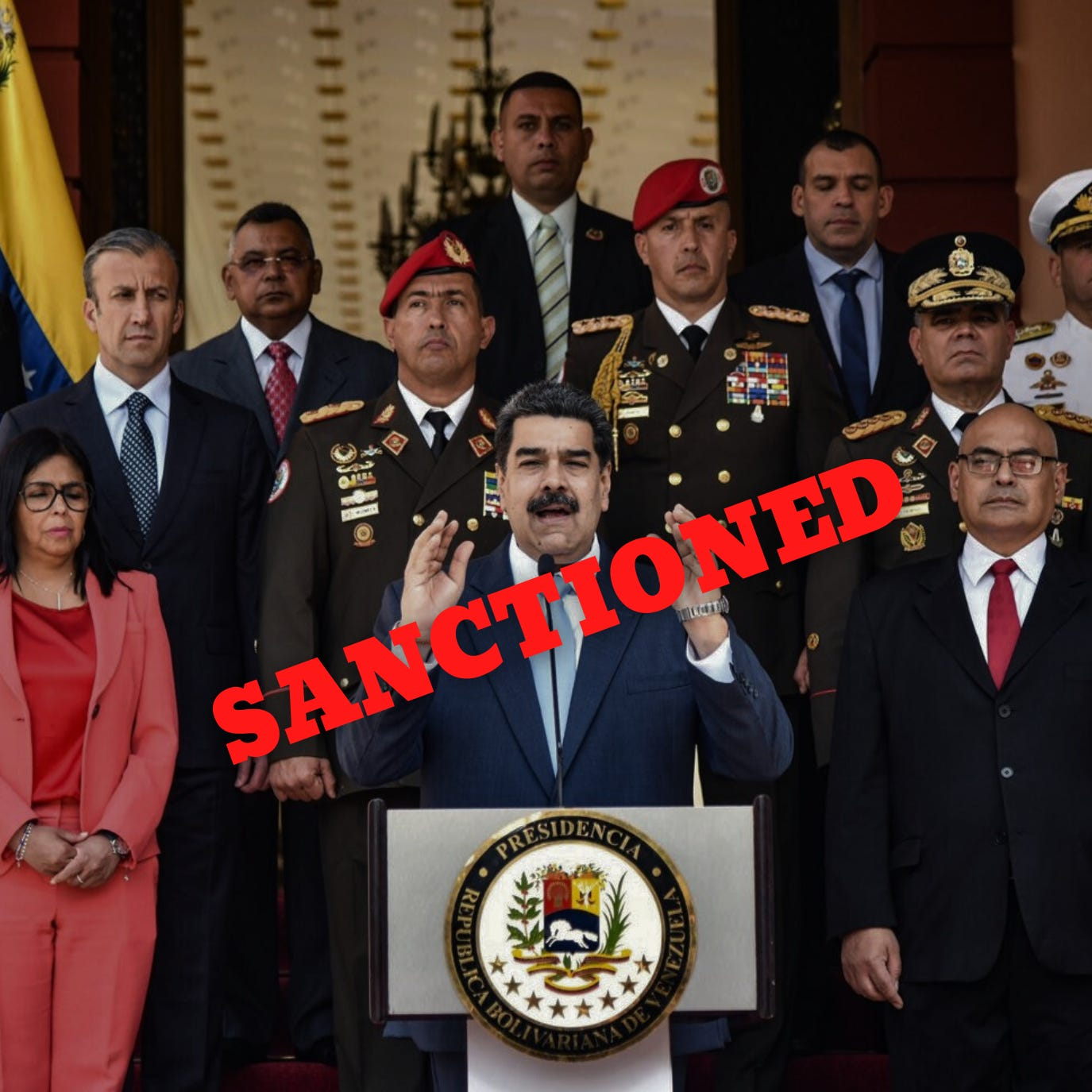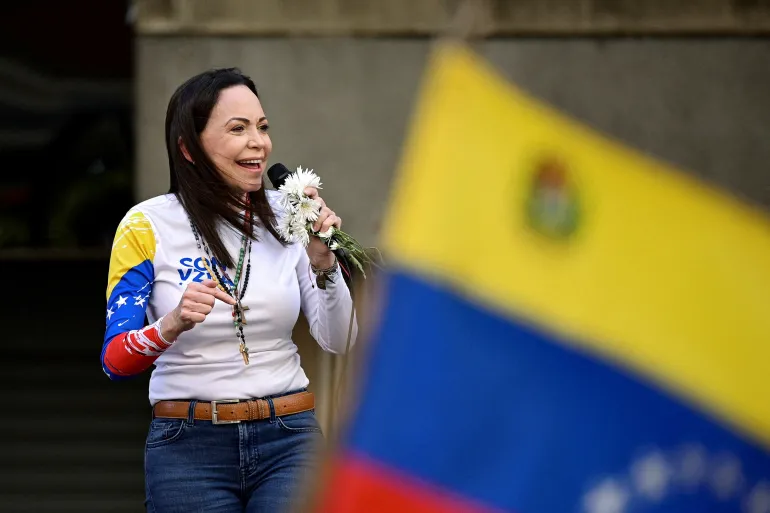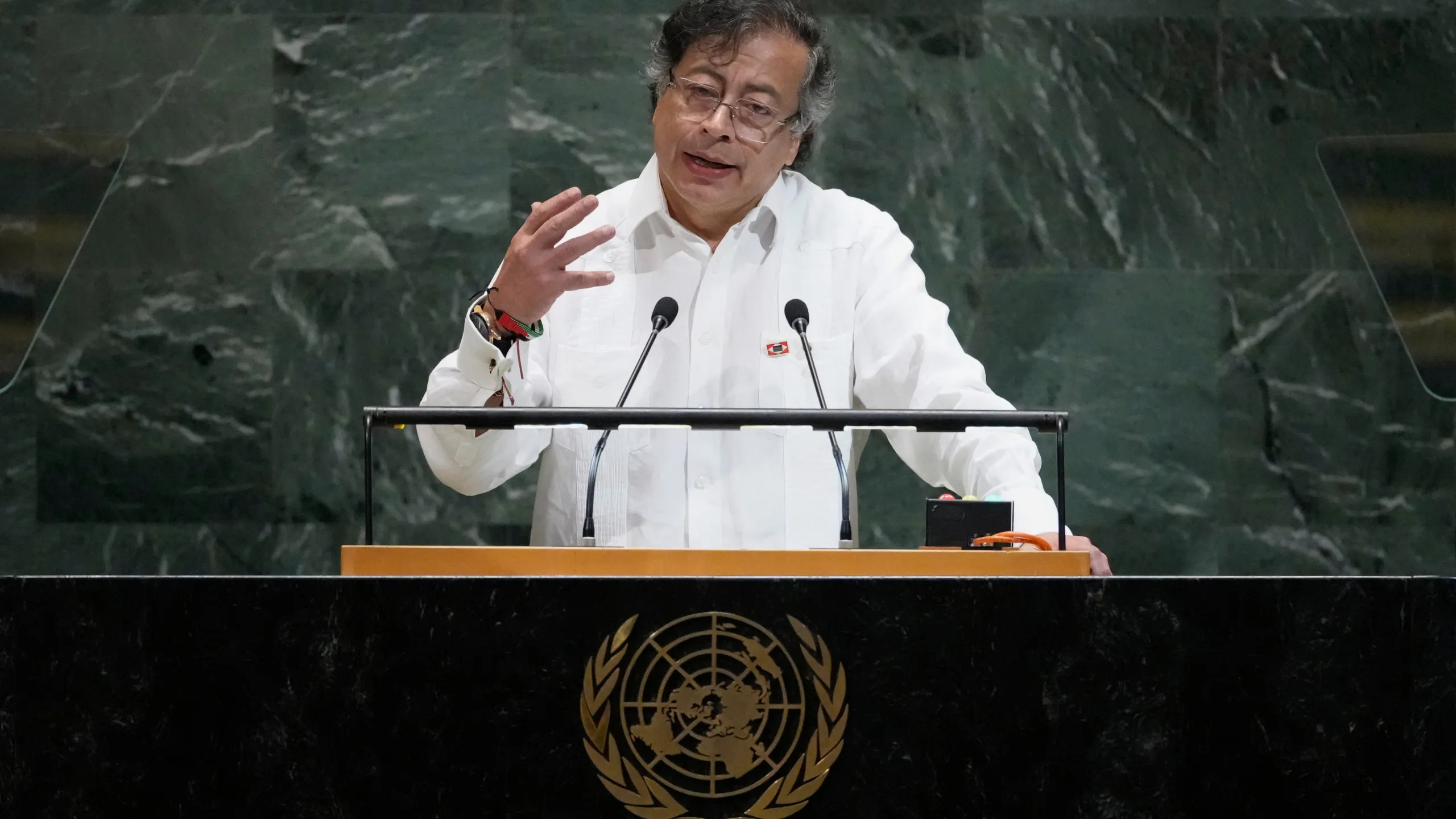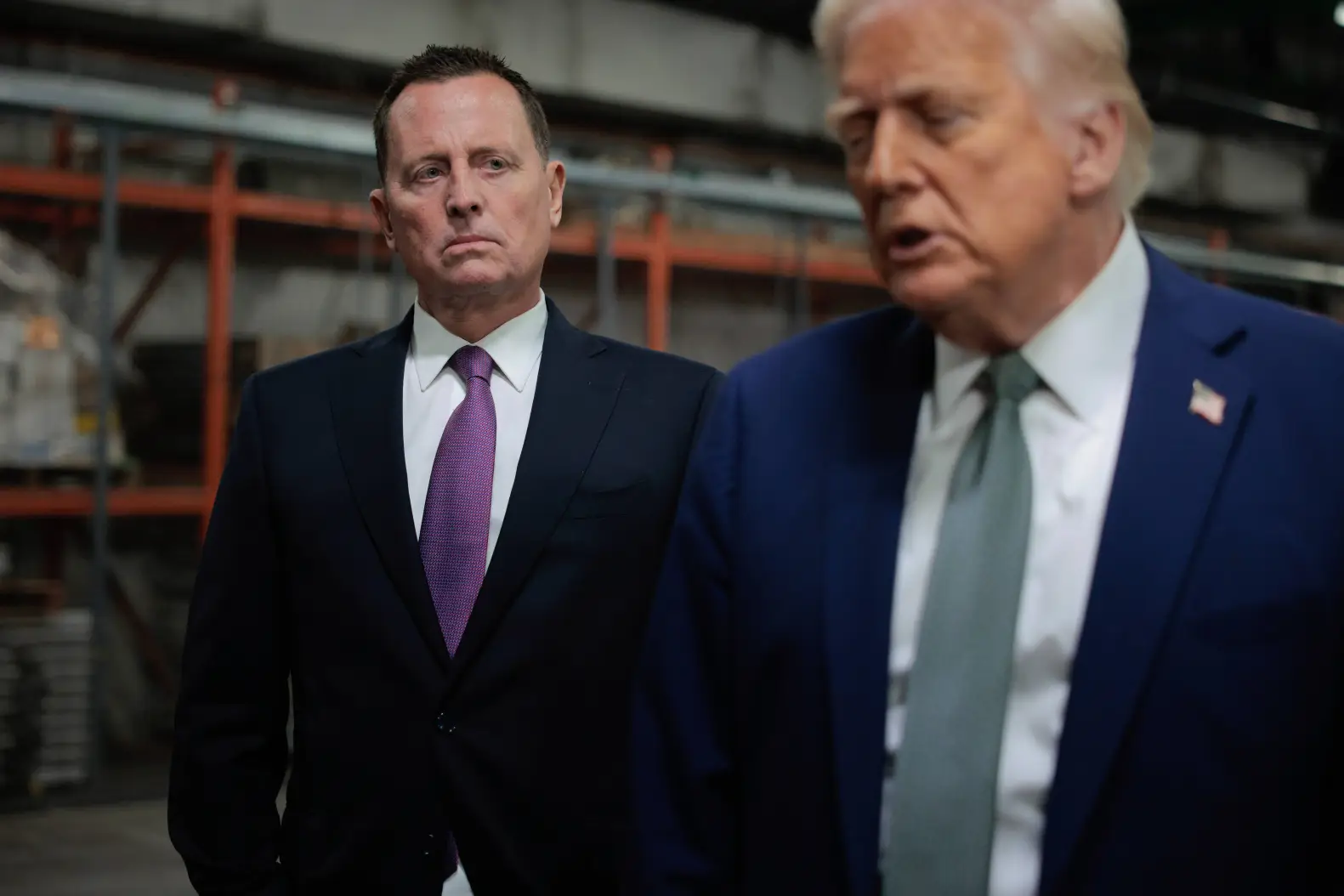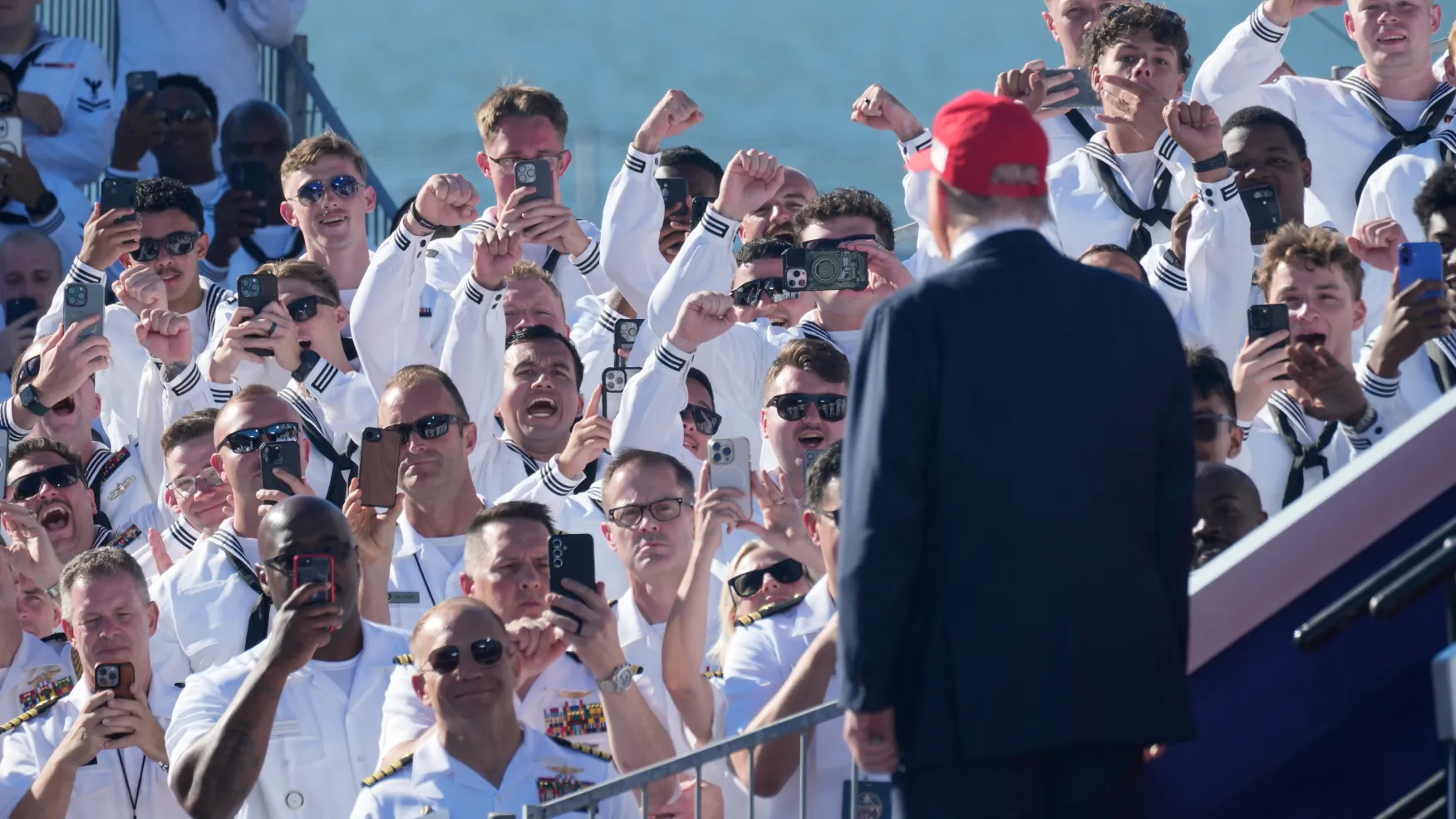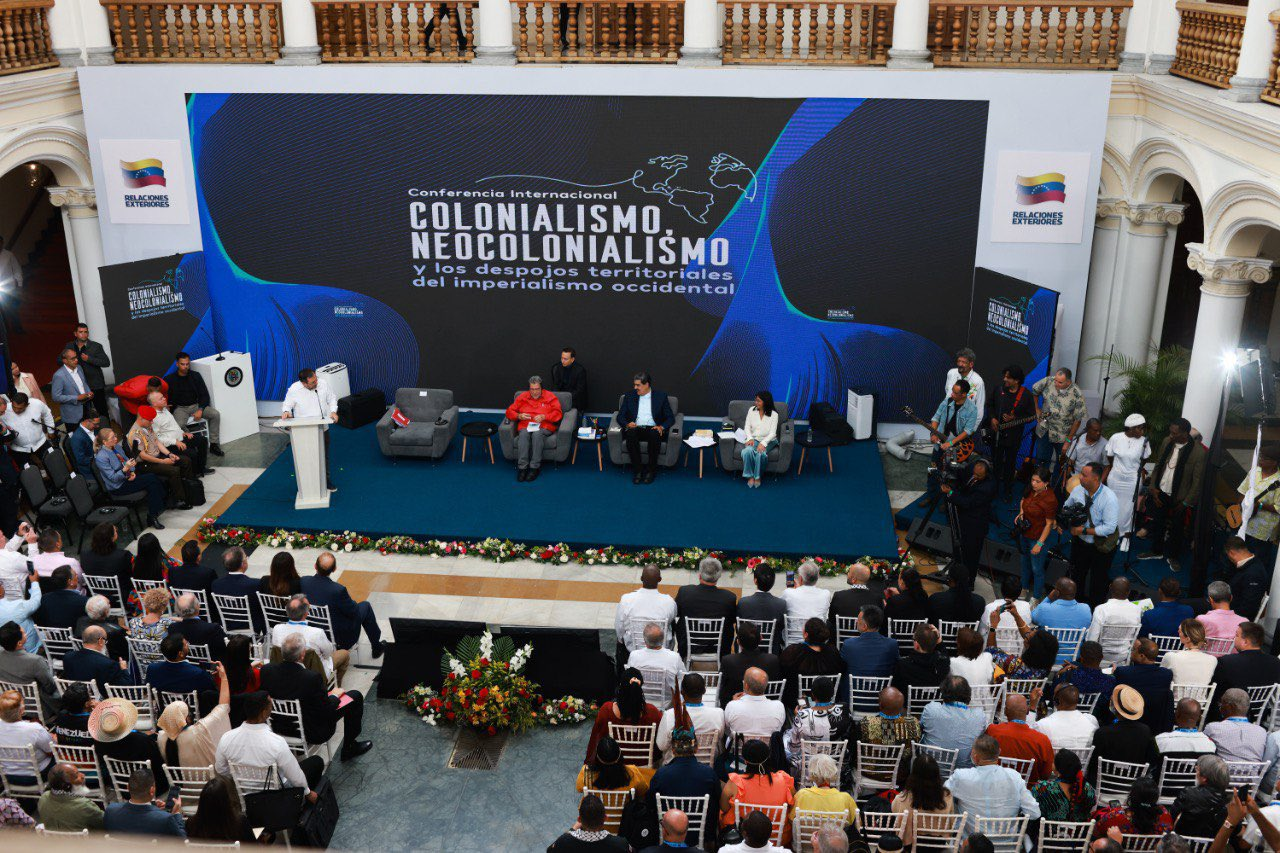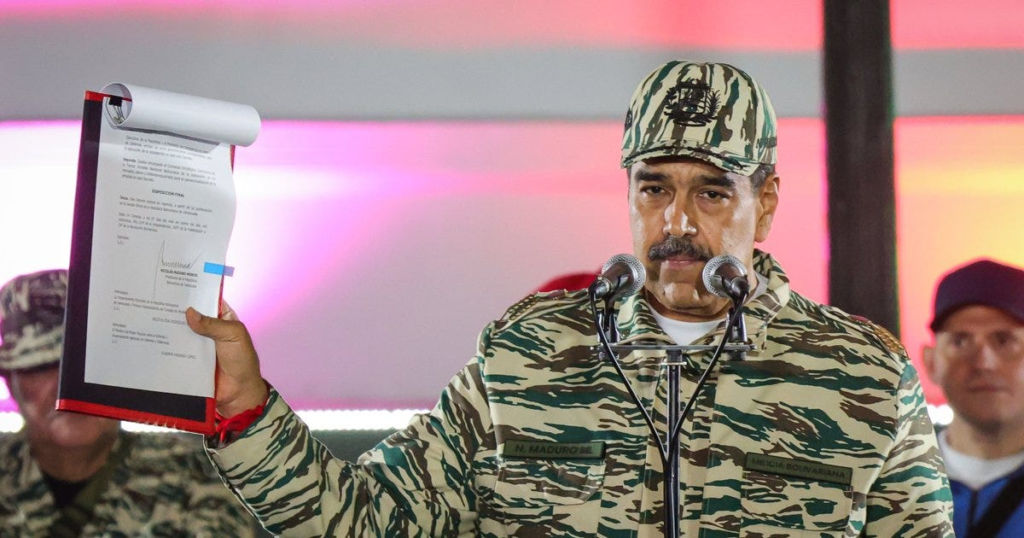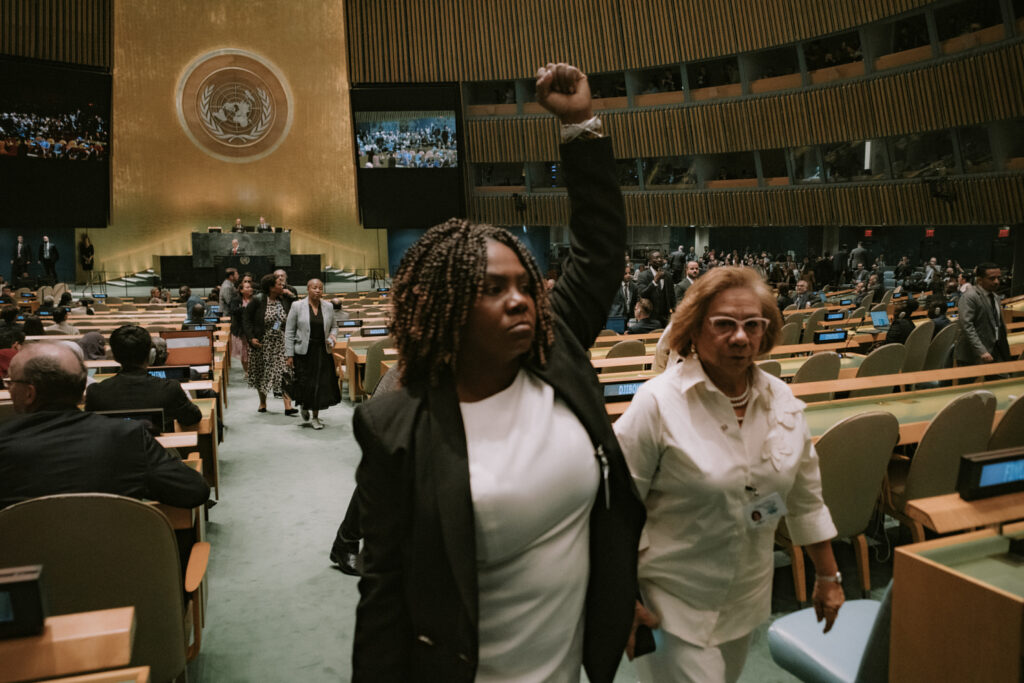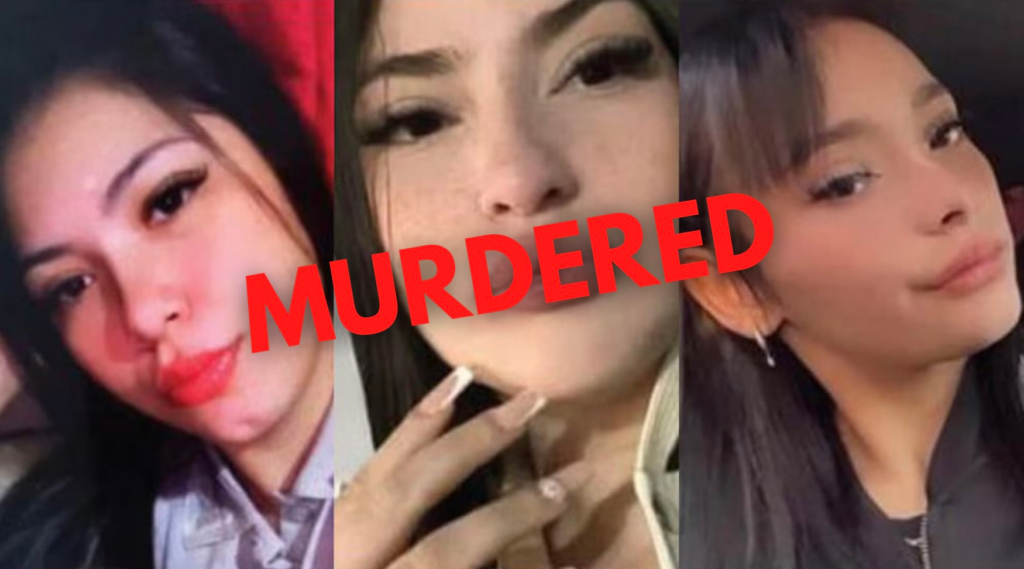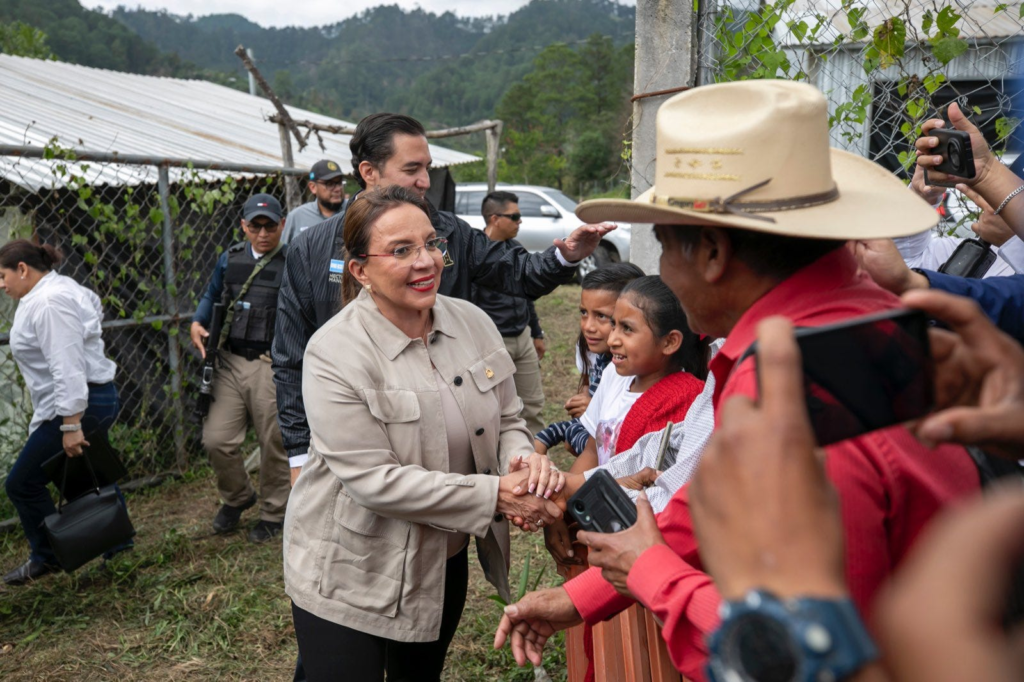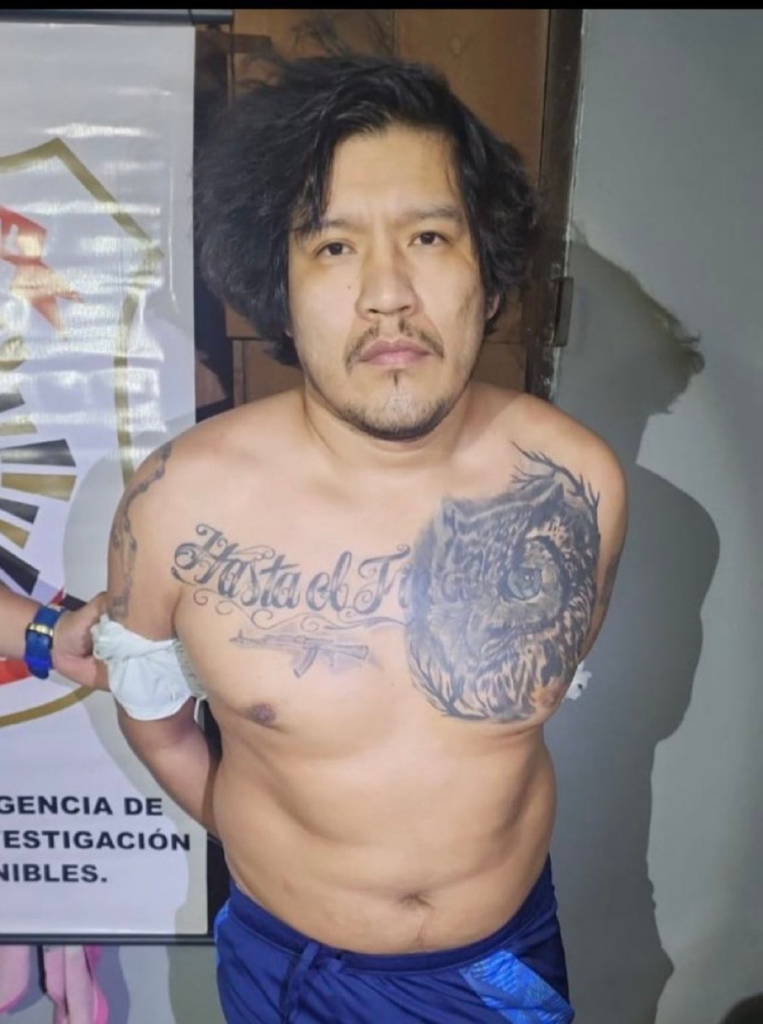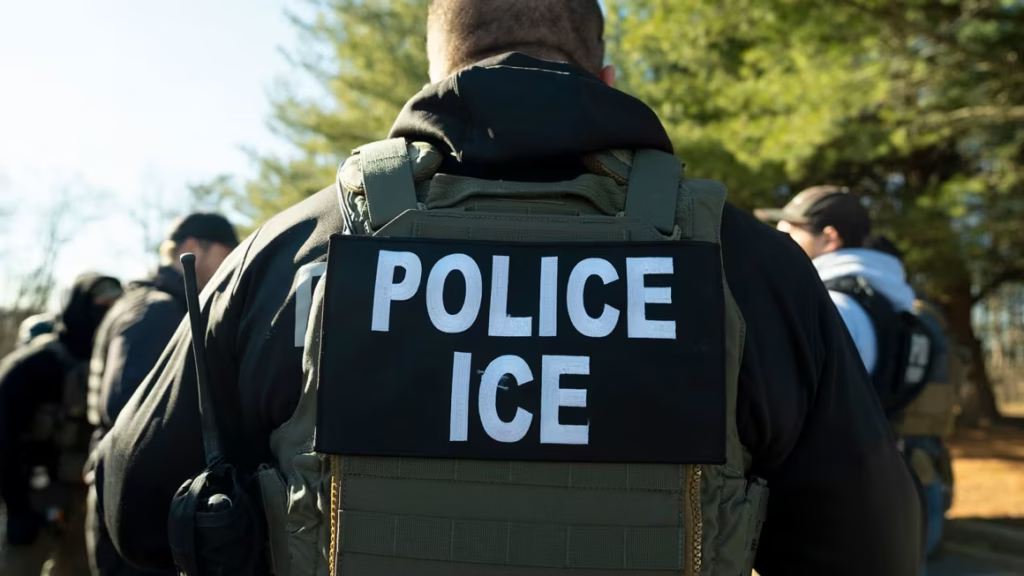Expanding on measures taken earlier this year, in which the U.S. Treasury under the Trump administration designated a handful of international criminal organizations, the agency announced yesterday the application of additional sanctions against the Venezuelan top brass under the leadership of dictator Nicolás Maduro Moros.
The ‘Cartel de los Soles’, or Cartel of the Suns, named in reference to the sun-shaped emblems adorned along the lapels of high-ranking Venezuelan officers in the Armed Forces, has officially been added to a long list of Foreign Terrorist Organizations (FTO), consequently affording the U.S. government to exert additional methods of executive power to combat these criminal entities.
The Treasury’s Office of Foreign Assets Control (OFAC) said the group is “headed by Nicolas Maduro” and “other high-ranking Venezuelan individuals in the Maduro regime”, alleging that the organization also “provides material support” to various other groups, namely, one other Venezuelan street gang called Tren de Aragua, and the powerfully influential and notorious Mexican drug organization, the Sinaloa Cartel.
On March 26, 2020, during the first Trump administration, the U.S. government formally indicted the President of Venezuela, Nicolas Maduro, on drug trafficking charges, narco-terrorism, and corruption. The indictment also included then-Attorney General to Maduro, William Barr. The indictment alleged that Maduro and other high-ranking Venezuelan officials conspired with the FARC (Revolutionary Armed Forces of Colombia) to traffic cocaine into the United States.
The indictment also came with a $15,000,000 reward for information leading to the arrest and conviction of the Venezuelan ruler. The reward has since been raised to $25,000,000.
According to the Trump government, “Cartel de los Soles” has an objective of “using the flood of illegal narcotics as a weapon against the United States.” The administration also claims that the Maduro regime uses the threats of illegal mass migration and criminal migrants to aid in the distribution of illicit narcotics into the country.
Last night, the Bureau of Western Hemisphere Affairs followed up on the announcement with a post on X, stating:
The United States is designating the Venezuela-based Cartel de Los Soles for supporting U.S.-designated Foreign Terrorist Organizations Tren de Aragua and the Sinaloa Cartel. Managed by dictator Nicolás Maduro, this group supports terrorists who invade our country to traffic narcotics, enrich themselves, and inflict violence on American communities.
The government then assured that “the United States will use all the resources at our disposal to prevent Maduro from continuing to profit from destroying American lives and destabilizing our hemisphere.”
The announcement comes a few days after the Trump administration announced that it will allow U.S.-based oil company, Chevron, to resume its operations in Venezuela, representing a major departure from the administration’s original course taken in February of this year, which suspended Chevron’s operations in the South American country due to sanctions imposed by the U.S. government.
The renewal of Chevron’s license was announced following the release of 10 U.S. nationals from Venezuela as part of negotiations with El Salvador, from which 248 Venezuelans were repatriated to Venezuela. The move also received strong opposition from dissident Venezuelan communities who believe the administration should not allow any opportunity for the Maduro regime to breathe, and to continue to perpetrate its crimes against the Venezuelan people, who are demanding freedom from an oppressive regime.
The decision, at the same time, received support from communist hawks in the U.S. Congress, like leading Republican lawmakers Mario Díaz-Balart and Carlos Giménez, both vocal critics of the Maduro regime and the communist dictatorships in the Western hemisphere, who “expressed support for the strategic nature of the decision in their X accounts”, according to The Floridian Press.
The U.S. government has yet to provide any comments on the administration’s decision to allow the resumption of Chevron’s operations in Venezuela, from which the Venezuelan government had traditionally received royalty revenues from the U.S. oil company.
However, contrary to several assertions made by the press and various Trump critics [who contend the new move is an erratic shift of an administration unsure of what tack to use in applying pressure to the Maduro regime], oil analyst Antonio de la Cruz, for instance, believes “the license renewal reflects a broader geopolitical strategy rather than any accommodation to the Maduro regime. In a detailed analysis, de la Cruz explained that the decision “is not about Caracas… it’s about Beijing. And how power is played without firing a single shot.”

